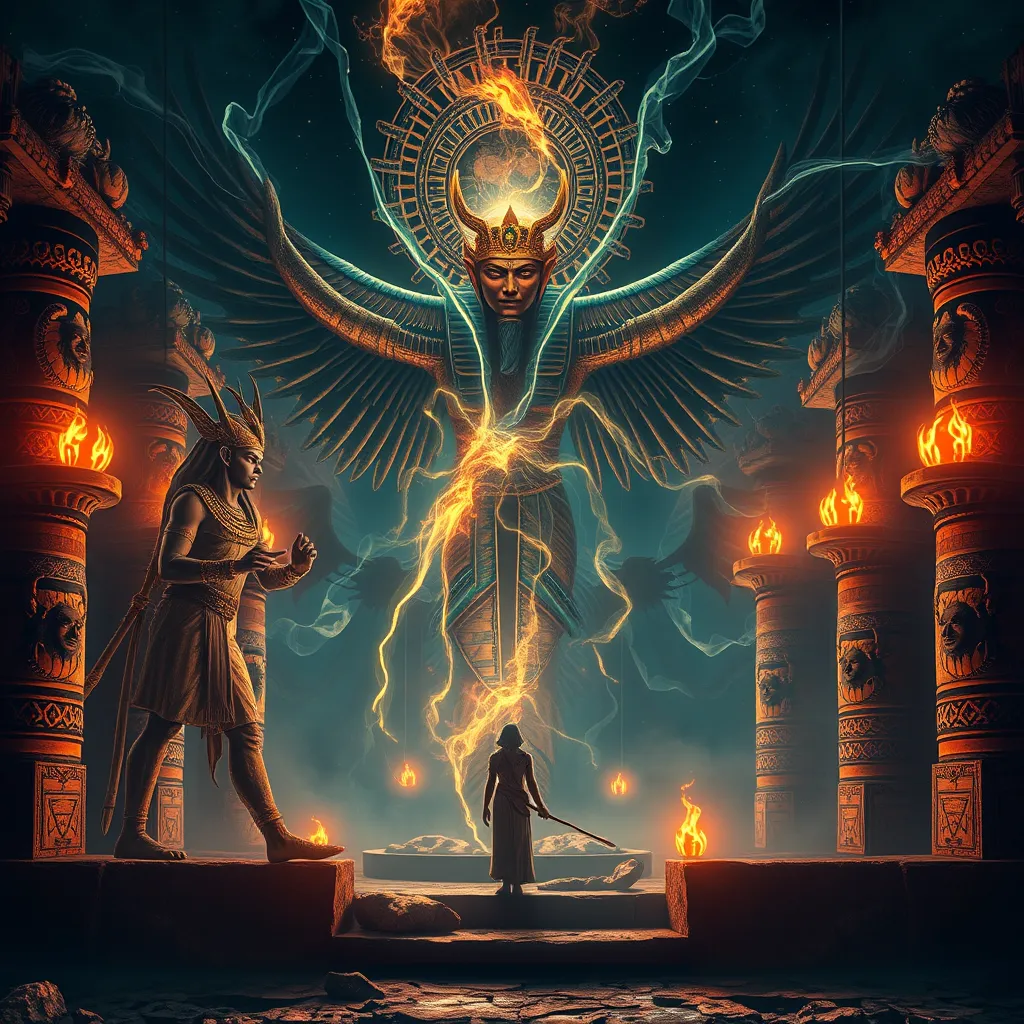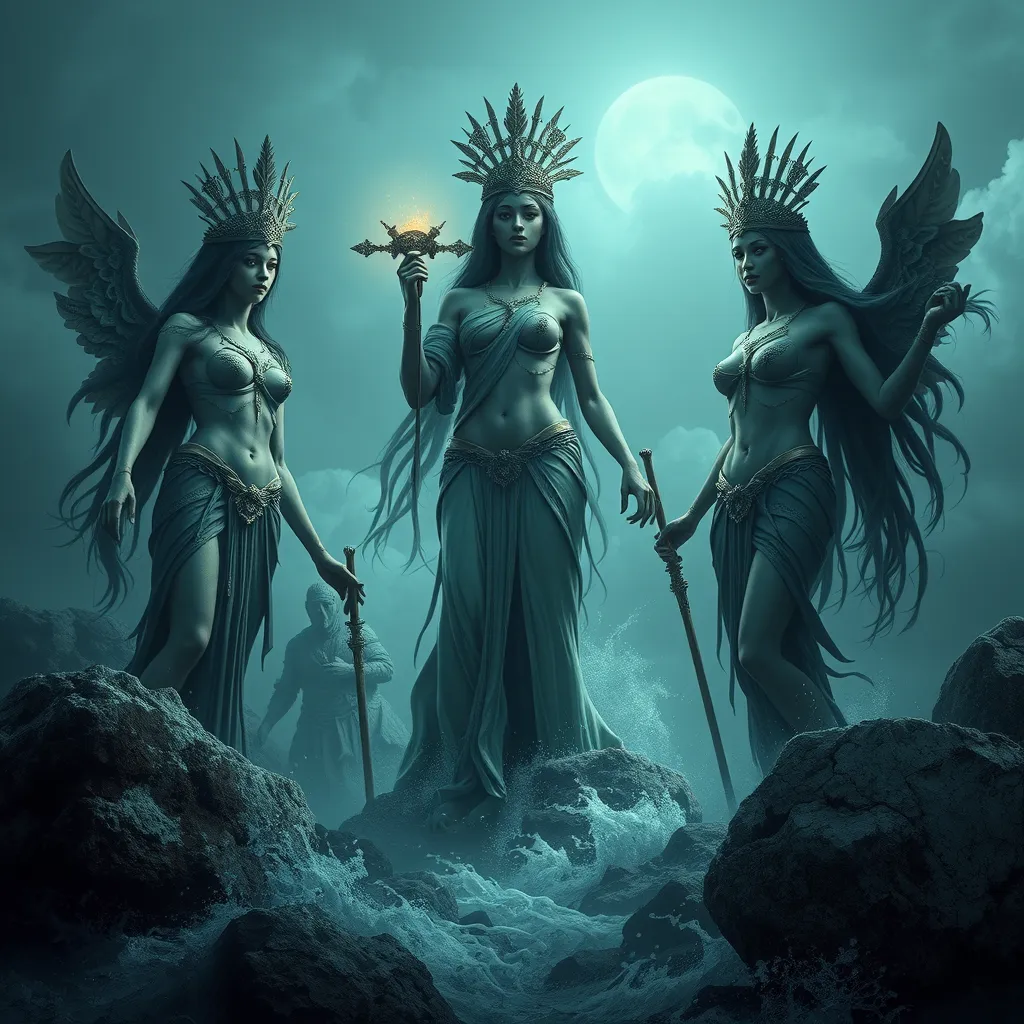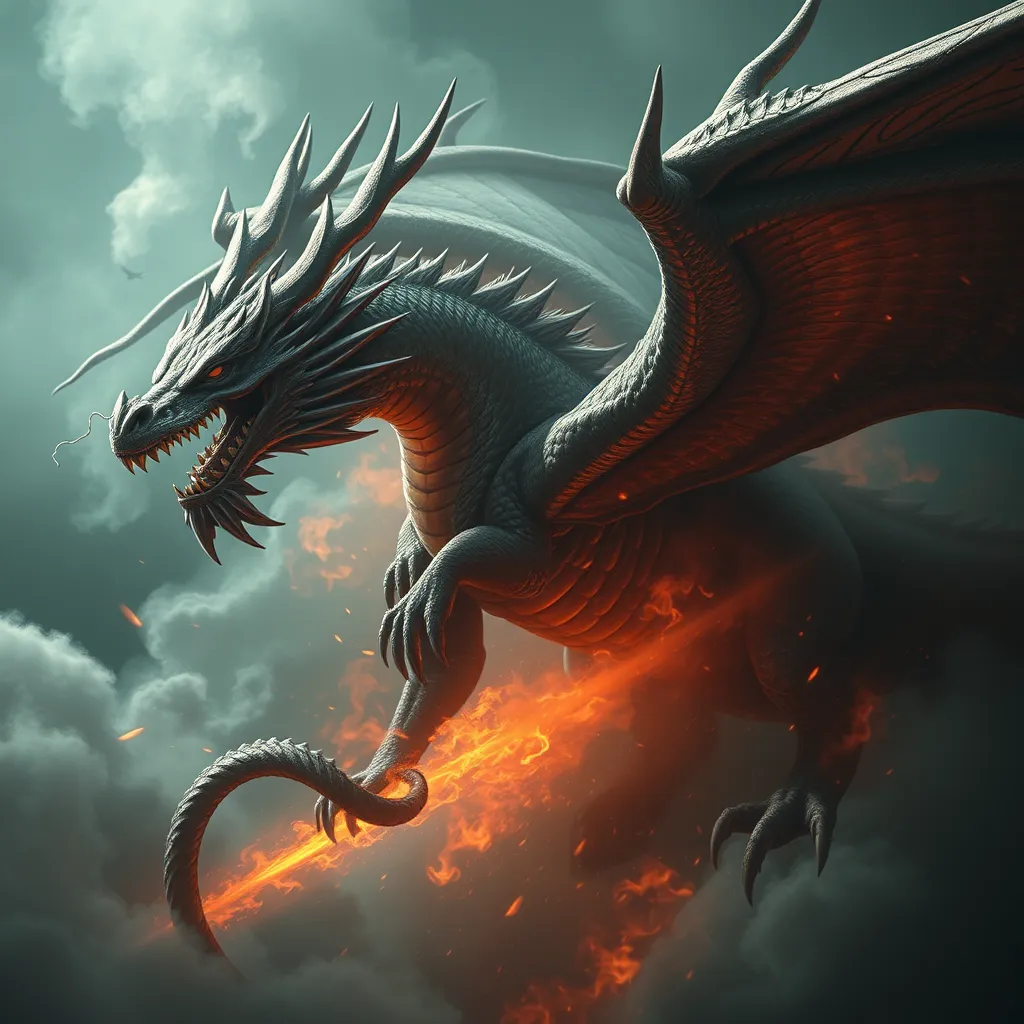The Rakshasa in Ancient Egyptian Mythology: The Shadows of the Afterlife
I. Introduction
The term Rakshasa refers to a class of supernatural beings in Hindu mythology, often depicted as malevolent spirits or demons. These entities are known for their ability to shape-shift and their association with chaos and darkness. In contrast, Ancient Egyptian mythology presents a rich tapestry of beliefs surrounding the afterlife, emphasizing judgment, resurrection, and the journey of the soul.
This article aims to explore the intriguing intersection of Rakshasa and Ancient Egyptian mythology, particularly focusing on how these concepts of darkness and the afterlife resonate across cultures.
II. Origins of the Rakshasa
The origins of the Rakshasa can be traced back to early Hindu scriptures, where they are portrayed as formidable adversaries of the gods and protectors of the sacred. Key points regarding their historical roots include:
- Historical Roots: Rakshasa are believed to have originated in the Vedic texts, where they are often associated with chaos and opposition to divine order.
- Cultural Significance: They symbolize the struggle between good and evil, often manifesting as obstacles to the righteous.
In Hindu texts, Rakshasas possess distinct characteristics:
- Shape-shifting abilities, allowing them to disguise themselves.
- Immense strength and magical powers.
- A propensity for trickery and deception.
When compared to other mythological entities, such as the Greek Furies or the Egyptian demons like Ammit, Rakshasa stand out for their complexity and duality, embodying both fear and the potential for transformation.
III. The Concept of the Afterlife in Ancient Egypt
Ancient Egyptian beliefs about the afterlife were intricate and deeply embedded in their culture. The afterlife was perceived not merely as an extension of life but as a realm where the soul was judged and transformed. Key elements of their beliefs include:
- Book of the Dead: A crucial text containing spells to aid the deceased in navigating the afterlife.
- Weighing of the Heart: A central ritual where the heart of the deceased was weighed against the feather of Ma’at, the goddess of truth and justice.
- Deities of the Afterlife: Osiris, the god of the afterlife, and Anubis, the god of mummification and the protector of graves, played vital roles in guiding souls.
These beliefs underscore the Egyptians’ view of the afterlife as a journey requiring moral integrity and readiness for transformation.
IV. The Intersection of Rakshasa and Egyptian Beliefs
The investigation of potential influences between Indian and Egyptian mythologies reveals fascinating parallels. Although these cultures are geographically distant, certain themes emerge:
- Influences: While direct influences may be hard to trace, the shared concept of supernatural beings influencing human destiny is evident.
- Similar Roles: Rakshasa and Egyptian deities both embody complex roles in the afterlife, acting as guardians or adversaries.
- Shadowy Figures: Both cultures depict shadowy entities, emphasizing the importance of navigating darkness to reach enlightenment or rebirth.
V. The Role of Darkness and Shadows
Darkness and shadows play significant roles in both Ancient Egyptian and Rakshasa narratives. In Egyptian mythology, shadows symbolize:
- The unknown and the fear of chaos.
- The duality of creation and destruction, life and death.
On the other hand, Rakshasa embody chaos and darkness, representing the primal fears of humanity:
- As embodiments of temptation and moral challenges.
- In their stories, they often serve as catalysts for heroes’ growth.
Both cultures emphasize a balance between light and dark, suggesting that understanding and accepting one’s shadow can lead to transformation and redemption.
VI. Folklore and Legends
Numerous stories illustrate the significance of Rakshasa in Indian folklore, particularly regarding their implications for the afterlife:
- The tale of Ravana, a powerful Rakshasa who, despite his dark nature, sought enlightenment and redemption.
- Legends where Rakshasa serve as tests for heroes, forcing them to confront their inner demons.
In Egyptian mythology, similar themes arise:
- The story of Osiris’s resurrection highlights the enduring struggle against chaos through transformation.
- Myths about Anubis guiding souls through darkness resonate with the trials faced by heroes in Rakshasa tales.
Shared themes of transformation and redemption underline the universal human experience of confronting darkness to achieve spiritual growth.
VII. Modern Interpretations and Cultural Impact
The influence of Rakshasa and Egyptian mythology continues to permeate contemporary literature and media. Notable points include:
- Influence in Literature: Modern retellings of these myths often explore themes of identity, morality, and the struggle between light and dark.
- Cultural Narratives: Both mythologies have inspired films, novels, and art, highlighting their relevance to contemporary issues.
These modern interpretations shape how we understand ancient beliefs, allowing new generations to engage with these rich cultural narratives.
VIII. Conclusion
In summary, the exploration of Rakshasa within the context of Ancient Egyptian mythology reveals profound insights into the human experience of darkness and the afterlife. Both mythologies offer unique perspectives on morality, transformation, and the balance of light and shadow.
Reflecting on the importance of cross-cultural mythology enhances our appreciation for the shared human experience and the lessons embedded within these ancient stories. Future research may uncover further connections, enriching our understanding of how different cultures grapple with the mysteries of life, death, and the beyond.



